Our recent work demonstrate that Staphylococcus is selectively enriched in metastatic lung tumor lesions. Staphylococcus nepalensis and S. capitis secrete lactate to promote the metastatic potential of tumor cells by triggering MCT1-mediated pseudohypoxia signaling. MCT1 inhibition abolishes metastasis in a murine xenograft model, highlighting potential avenues for targeting tumor-resident bacteria. Please check the article published in Cell Host & Microbe for more details. Congratulations to Huan Yu and Yang Du !

Our center focuses on data-driven cancer research by applying high-throughput genomic, transcriptomic and proteomic approaches, to characterize molecular landscapes of gastrointestinal cancer for identifying clinical biomarkers and novel therapeutic targets. At the same time, we are also interested to develop analysis tools and databases, to facilitate and accelerate translational research in cancer. Recently, in close collaboration with a number of national/international clinical leads and technology leaders, we initiated an ICGC-ARGO program in Gastric Cancer.
中心诚聘计算/生物背景博士后 (信息长期有效)。
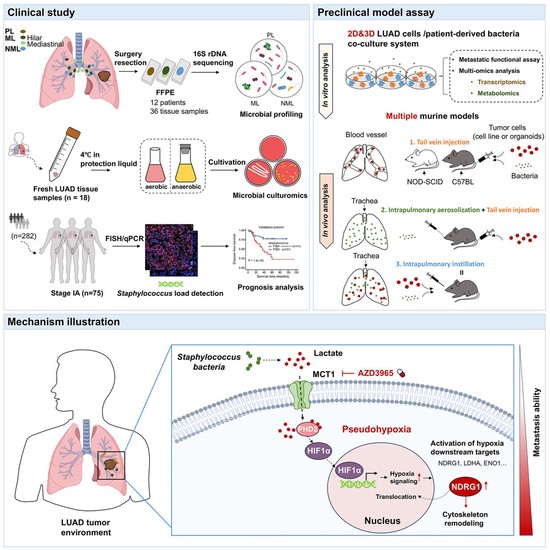
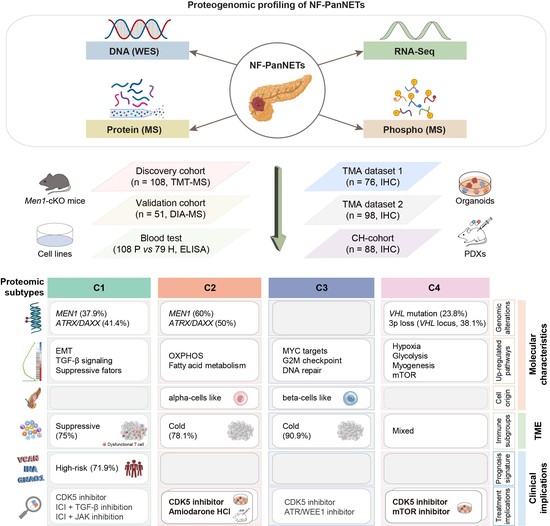
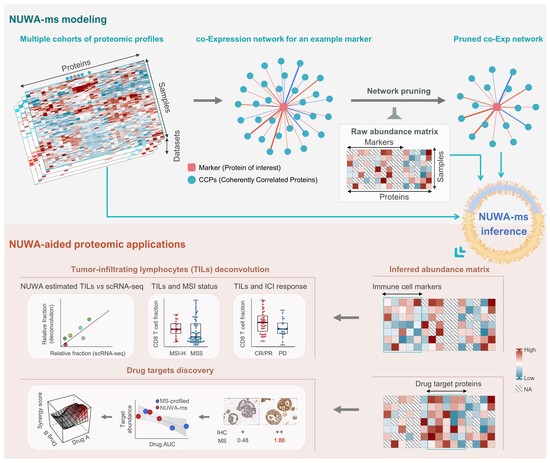
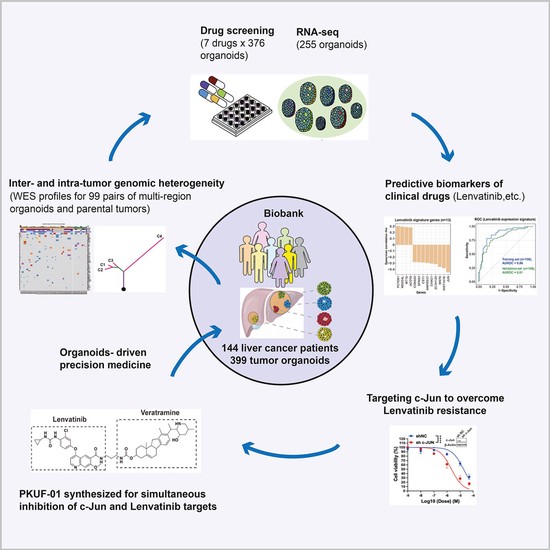

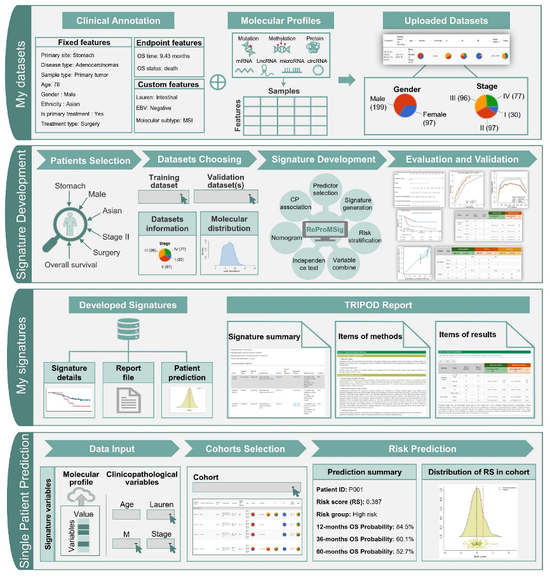
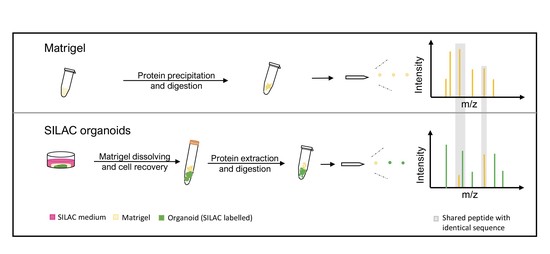



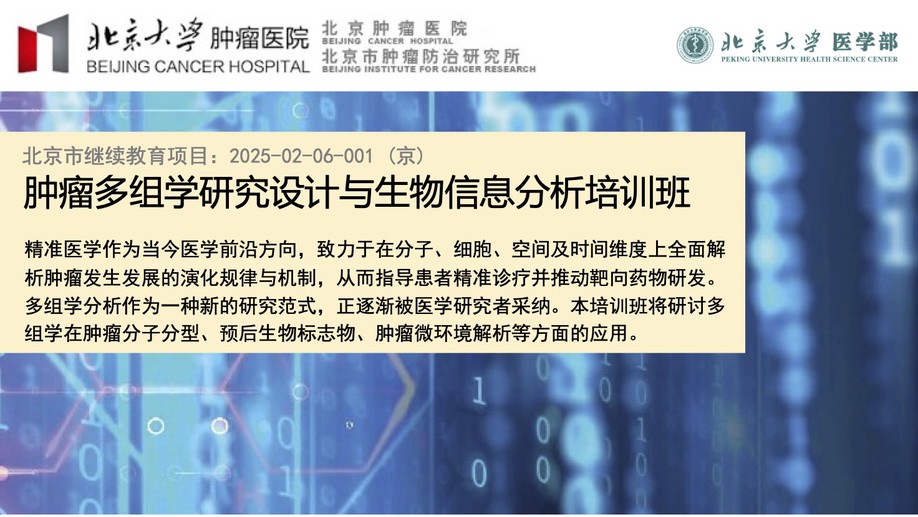
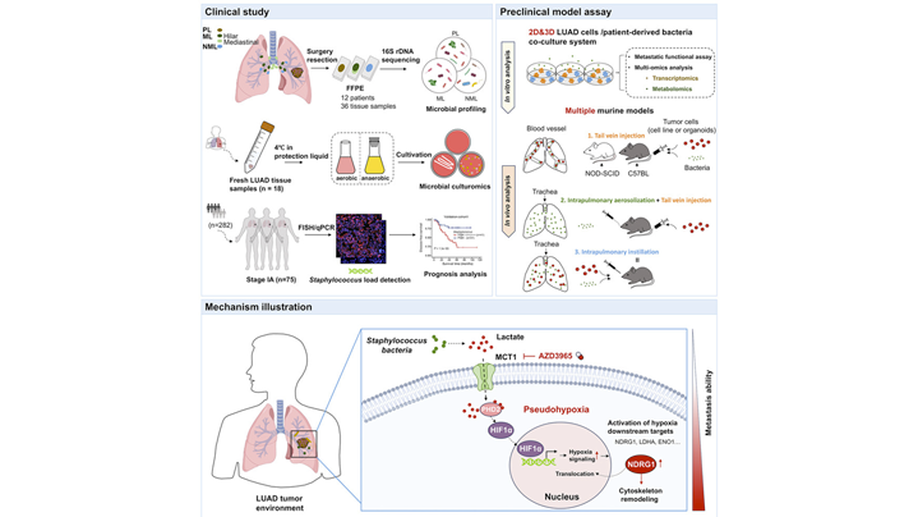
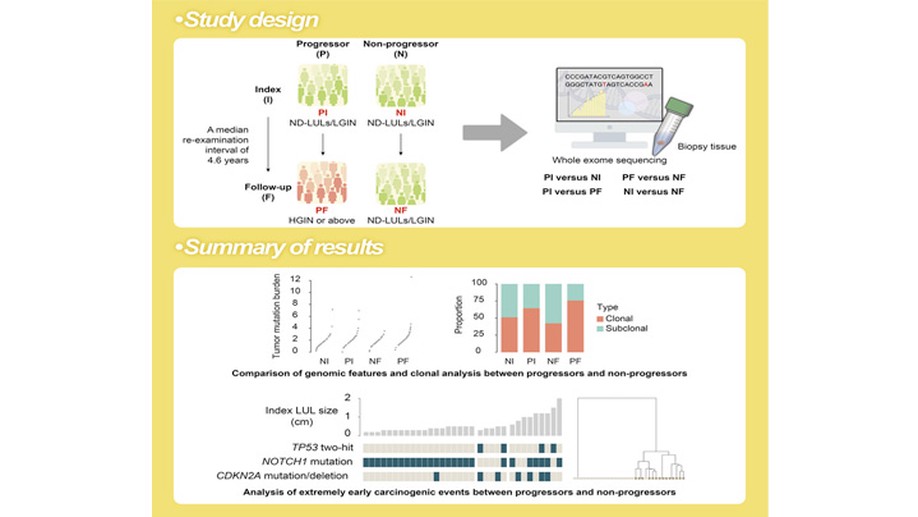
 ) 。
) 。